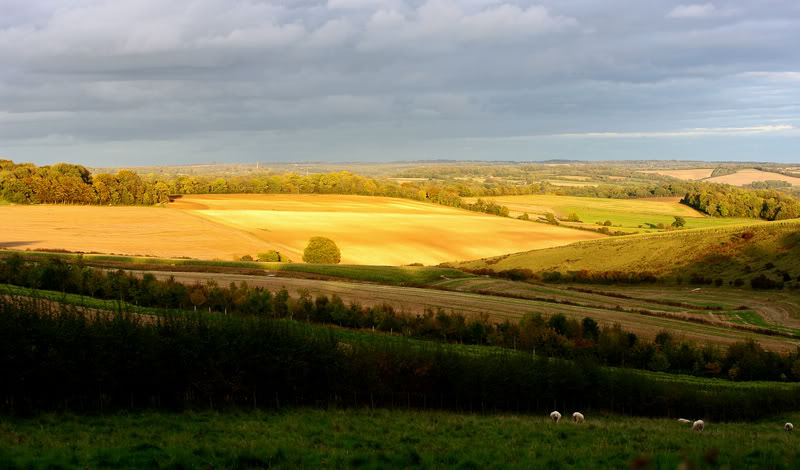
An updated plan for managing public access to the countryside in Hampshire, and the benefits that brings to the local economy and to residents’ health and wellbeing, has been approved by Councillor Andrew Gibson, Hampshire County Council’s Executive Member for Culture, Recreation and Countryside.
The Hampshire Countryside Access Plan 2015-25 was signed off at the Culture, Recreation and Countryside Decision Day on Thursday 16 July 2015, following extensive consultation with the public, user groups and landowners.
Cllr Gibson said: “We protect and maintain nearly 3,000 miles of footpaths, bridleways and byways across Hampshire that form the backbone of the countryside access network. This Plan will ensure that, with our partners, we can continue to manage a high quality network of public access across the county which meets the needs of the public and it will help us to use our limited resources where they are needed most.
“I’m pleased that nationally Hampshire has the second highest public satisfaction rating for rights of way among comparable authorities. Our countryside access network is an extensive and diverse resource, highly valued by residents and visitors alike. It provides not only a transport network, but enriches our quality of life, contributing to good physical and mental health, community cohesion and a strong rural economy.”
Based on the findings of an assessment of needs, which highlighted the importance of both the condition and the connectivity of the network, the three main policy areas of the 2015-2025 Plan are:
•Developing a strategic approach to network management - to focus existing and future resources on those routes which provide most benefit.
•Working with other organisations and volunteers - to enable a greater response to local needs through working with others.
•Listening, Informing, Educating - to ensure that information on finding paths and using them responsibly, and on managing public access is widely available and easily understood.
The County Council also owns five major country parks, and several nature reserves and historic sites. These, together with privately owned sites and those run by other organisations such as the Forestry Commission and Hampshire Wildlife Trust, provide a wide and diverse range of places to visit.
